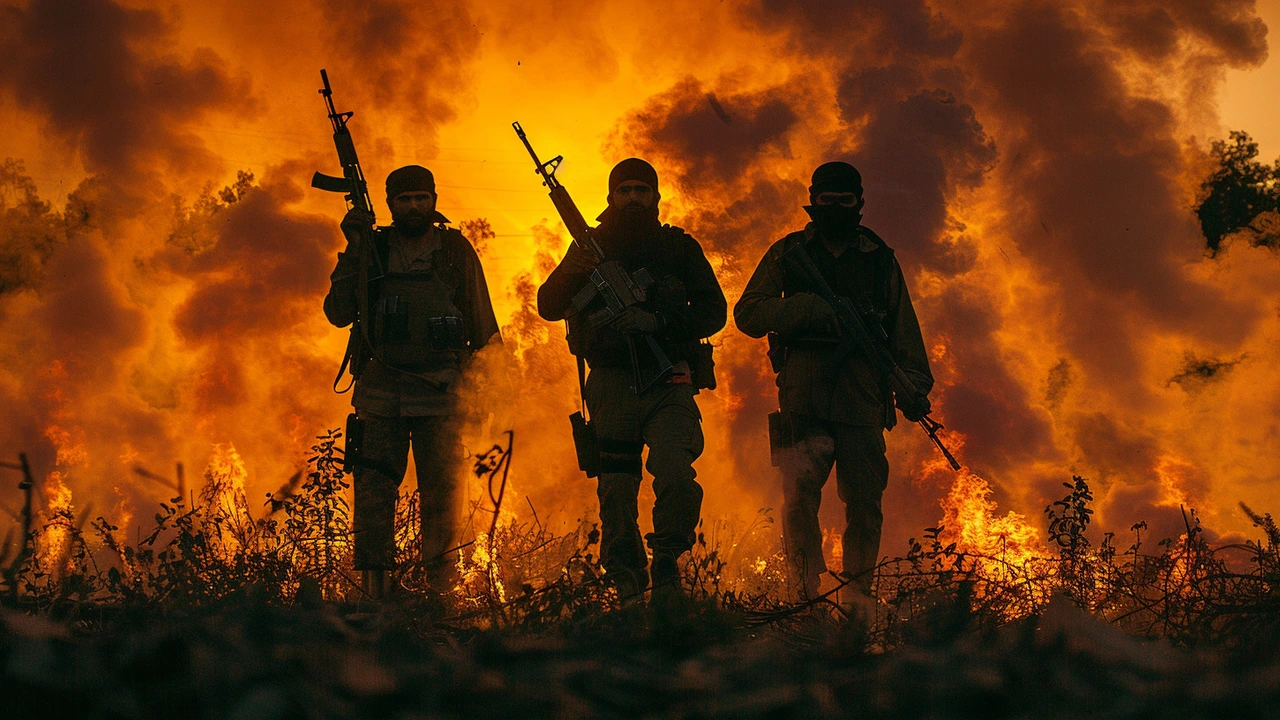Kidnapping News and What It Means for You
If you’ve ever wondered why kidnapping headlines keep popping up, you’re not alone. Across many African countries, kidnappings have become a daily concern, affecting families, businesses and travelers alike. This page pulls together the most recent stories so you can see the pattern, understand the risk, and know how to protect yourself.
First off, kidnapping isn’t just one‑off crime; it’s often tied to politics, ransom demands or even local disputes over land. In West Africa, militants sometimes seize foreigners to fund operations, while in East Africa bandits target schools for money. Knowing the motive helps you gauge how likely an incident is to happen near you.
Recent African Kidnapping Highlights
In the past month, several high‑profile cases made headlines. In Nigeria’s northern region, a group abducted dozens of schoolchildren, prompting a massive rescue effort that lasted two weeks. Meanwhile, in South Africa, a mining executive was taken from his home and released after a short negotiation. These stories show that kidnappers can strike both public figures and ordinary citizens.
Another trend worth noting is the rise of online ransom negotiations. Kidnap victims’ families now receive messages through encrypted apps rather than phone calls. This shift makes it harder for authorities to track and intervene quickly.
How to Stay Safe and React Quickly
The best defense is staying informed. Sign up for Ovio News Africa alerts so you get real‑time updates on kidnapping hotspots. If you’re traveling, avoid isolated routes after dark and keep a low profile in areas with recent incidents.
When you hear about a kidnapping nearby, verify the source before sharing. False reports can cause panic and waste resources that could help actual victims. Trust reputable outlets like Ovio for accurate information.If someone you know is taken, don’t try to handle negotiations yourself. Contact local authorities immediately and provide them with any communication you receive. Keeping a record of messages, dates and names can speed up the rescue process.
For families, having an emergency plan makes all the difference. Agree on meeting points, share travel itineraries with trusted contacts, and keep copies of important documents in a secure location.
Businesses should also train staff on kidnapping protocols. Simple steps—like limiting public exposure of executive schedules and using secure transport—reduce the chance of being targeted.
Lastly, remember that community vigilance helps deter kidnappers. If you notice suspicious activity, report it to local police or a neighborhood watch group. Your quick action could prevent a kidnapping before it happens.
Kidnapping news can feel overwhelming, but staying aware and prepared turns fear into action. Keep checking this page for the latest reports, safety tips, and expert analysis from Ovio News Africa. Together we can stay one step ahead of those who threaten our safety.

75-Year-Old Mother of Renowned Hausa Singer Rarara Kidnapped: Community in Shock
Jun 29, 2024 / 7 Comments
The Police Command in Katsina State has confirmed the kidnapping of 75-year-old Hauwa'u Adamu, mother of renowned Hausa singer, Dauda Kahutu Rarara. The incident took place at her residence in Kahutu early Friday morning. An investigation is ongoing with two suspects in custody, but the victim's whereabouts remain unknown.
READ MORERECENT POSTS
- Benin Republic Prepares Intensely for 2025 AFCON Qualifier against Nigeria's Super Eagles
- How to Watch Leicester City vs Nottingham Forest Premier League Match Live Free Online
- Bukayo Saka's Heartfelt Goodbye: Emile Smith Rowe's Move from Arsenal to Fulham
- Lamine Yamal Shatters Pele’s Long-Standing Record in Spain’s Euro 2024 Triumph
- Senegal thrashes South Sudan 5-0 in Juba World Cup qualifier
